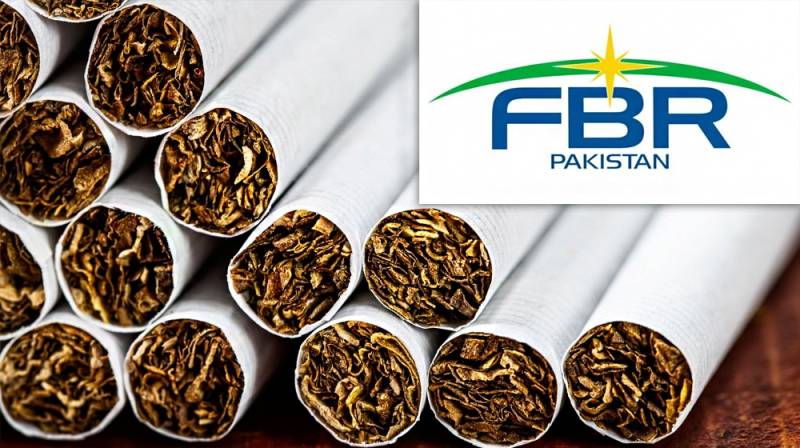The recent increase in the federal excise duty rate on cigarettes has protected local companies while putting the entire tax burden on multinational companies, which already account for 98 percent of cigarette taxes.
In a recent briefing to the Senate Standing Committee on Finance, Chairman FBR assured the committee that the FBR has provided protection to local cigarette companies in terms of FED rate hikes.
The chairman of FBR informed that the government has not made major changes in federal excise duty rate for the second tier of cigarettes, which includes mostly local brands. However, major increase in the FED on cigarettes was made for the brands manufactured by the multinational companies.
The federal excise duty on brands manufactured by multinational companies has been fixed at Rs 16.5 per cigarette, which has increased the price of a cigarette stick from Rs 16.5 to Rs 25.5.
The FED rate per cigarette was fixed at Rs 5.05 per cigarette, giving a discount to local companies on the increase in federal excise duty.
The low ratio of taxes paid by local cigarette brands proves that these companies are harming the national exchequer by illegally selling cigarettes without paying taxes, said an expert.
He said that the government is jeopardizing the existence of a documented industry that pays billions of rupees in taxes with a separate policy for local and multinational companies.
Documented cigarette industry consisting of two companies with a market share of 60% paid around 150 billion rupees out of the total revenue of 153 billion rupees last fiscal year, while 50 local cigarette manufacturing companies with 40% market share paid a tax of 3 billion rupees.
On the one hand, legal cigarettes are becoming more expensive due to high taxes, while cheap and illegal cigarette brands benefiting from tax exemptions are rapidly increasing their influence on the market.
With a 40% market share of illegal cigarettes, Pakistan is the largest illegal cigarette market in Asian countries. With such a large proportion of illegal cigarettes, it is false to claim that Pakistan has imposed a lower tax on cigarettes than the WHO recommended rate because only two companies' brands are bearing the entire tax burden, the expert said.
In countries with high taxes on cigarettes, the market share of illegal cigarettes is negligible, while the per capita income in these countries is also higher than in Pakistan, so it is wrong to include Pakistan in countries with high taxes on cigarettes, he added.
He said the increasing tax burden on the organized sector and the tax-paying industry to cover the budget deficit is making investment difficult.
He urged the government and policymakers to provide equal business opportunities to the legal cigarette industry, adding that taxes should be applied equally to all cigarette manufacturers to stem the trend of rapidly declining legal cigarette sales.






